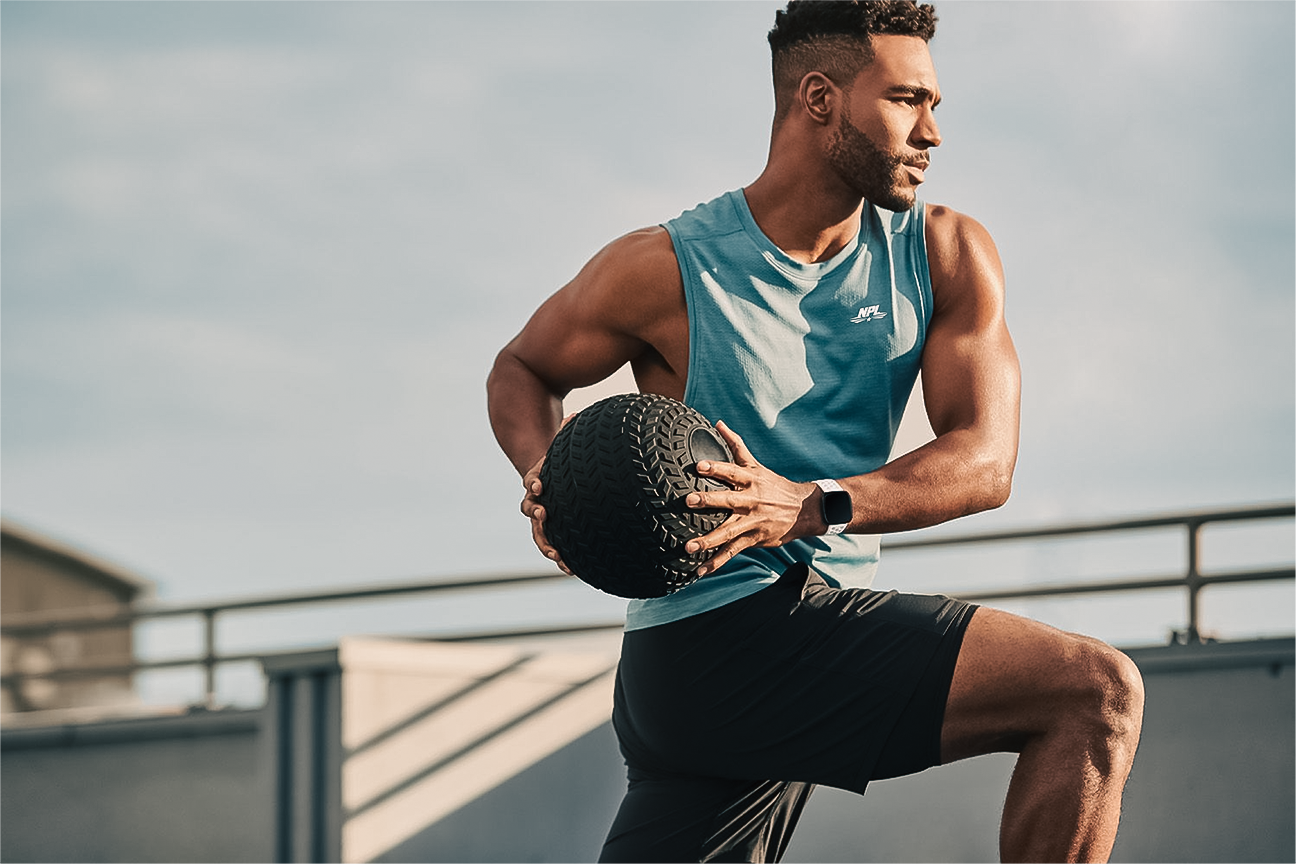Why It’s Important to Track Your Progress

Why is it important to track your progress?
Have you set your fitness goal? Do you know how to track your progress? Have you ever wondered why trainers and coaches emphasise tracking your progress? And no, it’s NOT to be harder on you – it’s quite the opposite. One of the most important reasons why we encourage people to track their progress is because it helps you to stay focused on your goal and remain positive.
This blog unpacks the reasons why you should track your progress regularly, and how to do it properly.
#1 Motivation
You’ll get to a point in your fitness journey where you won’t see a difference in your body, feeling stuck and unmotivated. You’ll reach a plateau. One way to combat that plateau is by tracking your progress. This allows you to see the difference in centimetres, your stamina, and the number of reps. You’ll realise that you’ve made progress – even if no one else (not even you) can see or feel it.
It also reinforces and reminds you of why you are doing it.
#2 Accountability
It helps you to stay accountable to reach your goals.
When you need to adjust or modify your plan or goal, it’s easier to do so if you keep proper track of the progress you made. It’ll also lead to being more consistent with your workout routine and eating habits.
#3 Drive and focus
Did you know that tracking progress drives the focus and direction of your workout plan? Yes, it’s the foundation of your next steps to reach your ultimate fitness goal.
How to properly track fitness progress?
Some people like to go with the flow, while others keep track of everything from food intake to the number of reps they performed. Tracking your progress shouldn’t add strain on your “already jam-packed daily routine”, but instead encourage you to do better! How do you personally feel you can see or feel the progress best? Are you visual? Do you want to see more reps, heavier weights, loss of centimetres? It all depends on your personality and preferences.
We recommend that you take progress photos every 7-10 days. It’s important to take the pictures at approximately the same time each week. This way you’ll see the visual change and progress. We also recommend you keep track of your workout routines, the way you feel after your workouts, and the number of reps and weights. Are you more old school and like to write everything down? Or do you use your phone to navigate your life? Do what works best for you, but just make sure that you keep track of your progress.
*TopTip – Keep a separate book only for your fitness journey. You can jot down everything from your thoughts to your number of reps and what you ate. You can also make use of a fitness app such as MyFitnessPal.
Wrapping it up:
To stay on track with your fitness goals, it’s crucial to track your progress. Tracking your fitness progress also holds numerous other benefits such as keeping you motivated, and accountable, and driving the focus of your workout routine. There are so many ways different methods – do what works best for you. If you are not currently tracking your progress yet, we highly recommend that you start today. You can thank us later 😉 .
To stay updated with the latest products, and to get an exclusive discount on the most trusted supplements, sign up for our newsletter here. #YellowArmy #QualityDriven





